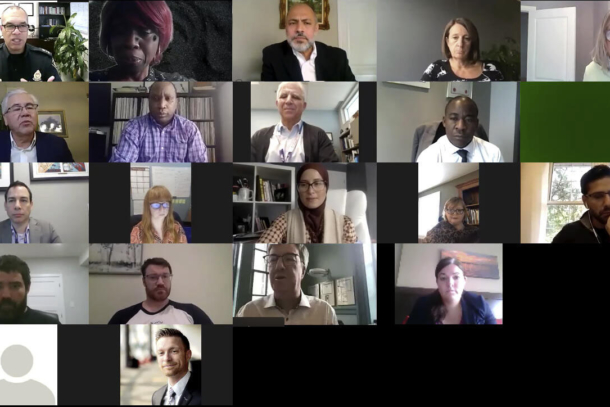A Winnipeg professor is developing a tool kit to help teachers in the province identify the early stages of extremism in their students so it can be addressed before thoughts and musings turn to violent actions.
Understanding extremist tendencies in youth can be complex for various tools to detect, as the motivations and triggers for extremism can vary widely. Parents, teachers and youth workers need to educate themselves so they can spot problem even if they don’t have access to a formal tool. Some common factors that have been associated with the development of extremist tendencies in youth include:
- Social and economic marginalization: Youth who feel socially and economically marginalized may be more vulnerable to extremist ideologies that promise to address their grievances and give them a sense of belonging and purpose.
- Trauma and mental health issues: Trauma and mental health issues, such as depression, anxiety and post-traumatic stress disorder, can make youth more susceptible to extremist ideologies that promise to alleviate their suffering and provide them with a sense of control.
- Lack of critical thinking skills: Youth who lack critical thinking skills may be more susceptible to extremist ideologies that provide simple answers to complex issues and do not encourage independent thinking.
- Online radicalization: Youth are increasingly exposed to extremist ideologies through the internet and social media, which can make them more vulnerable to radicalization.
- Peer influence: Peer influence can play a significant role in the development of extremist tendencies among youth. When young people are surrounded by others who share their extremist views, they may feel more validated and encouraged to act on those views.
- Lack of community engagement: Young people who feel disconnected from their communities may be more susceptible to extremist ideologies that offer a sense of belonging and community.
It’s important to note that not all youth who are exposed to extremist ideologies will become extremists, and that other factors such as family, culture, religion, education and mental health also play a role. To help prevent youth from developing extremist tendencies, it is important to provide them with positive alternatives, educational programs, and mental health support, to promote critical thinking, and to engage them in their communities. It is also important to work with families, schools, and community organizations to identify at-risk youth and intervene early to provide support and guidance.




Comments
drover sointeru
What i do not understood is if truth be told how you’re now not actually much more smartly-appreciated than you might be now. You are so intelligent. You already know therefore considerably in terms of this subject, produced me individually believe it from so many various angles. Its like men and women don’t seem to be involved except it is one thing to do with Woman gaga! Your personal stuffs great. At all times handle it up!